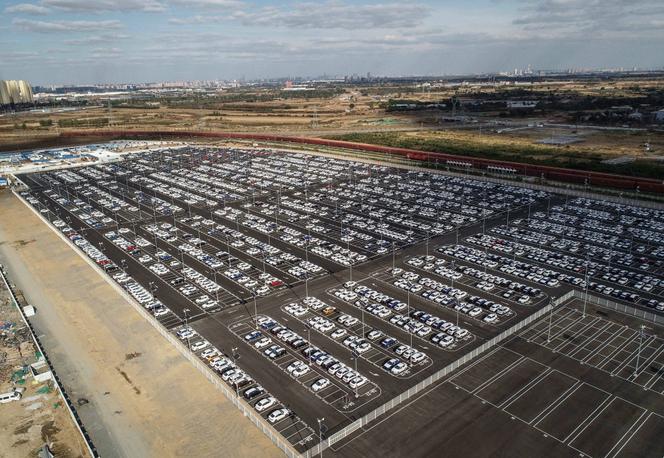


When German Chancellor Olaf Scholz flies to China on Saturday, April 13, nothing will look very different from the many trips made to the country by his predecessor Angela Merkel during the 2010s, when Germany made a lot of money there. The government plane will carry representatives of major German groups, including Oliver Blume, the head of Volkswagen, Germany's largest company, which sells four out of every ten cars in China.
However, the relationship between Berlin and Beijing has fundamentally changed. In July 2023, Germany adopted a "China strategy," recommending that companies diversify their supply sources and customer bases in the context of rising geopolitical risks. In Brussels and Washington, as well as within the German coalition, the pressure on the chancellor to adopt a firmer stance on China is strong. At a time when Germany's economy is sluggish and its industry would struggle to go without Chinese orders, Scholz must find a new balance.
The task will be all the more delicate as cracks have widened within German industry itself. In contrast to the 2010s, the strong consensus that prevailed on the China issue between industry, trade unions and politicians has withered away. A gulf has opened up between the major groups, which are producing more and more in China, and medium-sized companies, for whom the Chinese market's ratio of benefits to risks is no longer as favorable.
"Many SMEs fear losing the technologies in which they are world leaders if they produce in China and prefer to export there. But market access has become increasingly difficult for them. That's why they welcomed the government's recommendation of 'de-risking,' diversifying sources and outlets," explained Rolf J. Langhammer, a trade expert at the Kiel Institute for the World Economy. An Ifo Institute survey published on Thursday, April 11, reported that only 37% of German companies are still dependent on Chinese products for their key supplies, compared with 46% in February 2022.
This divergence of interests between SMEs and major manufacturers, long confined to a discussion within business circles, has taken on a far more political dimension in recent months. As automotive groups and their major subcontractors (Bosch, ZF, Continental) are feeling the pinch of the slowdown in electric vehicle sales, they have announced several large-scale redundancy plans across the country. At the same time, they are stepping up investment in China, the world's largest automotive market.
You have 53.44% of this article left to read. The rest is for subscribers only.
